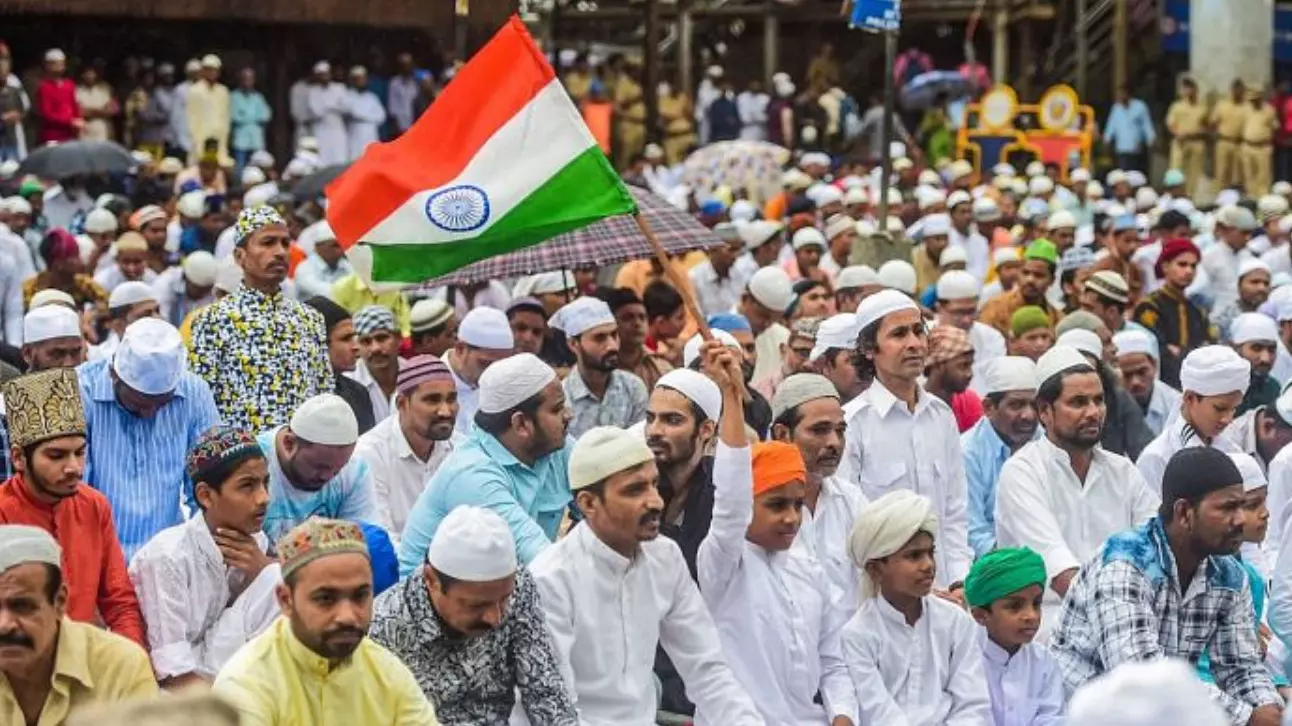The Nation and Its Soul

Lately, there has been a deliberate attempt to shift the mantle of Indian democracy from ‘secularism’ to otherwise. There are dominant political forces in the country that erroneously equate the concept of secularism to state partisan in favour of minority communities—some of which, in their reading, are a threat to the existence of the majority lot. This flawed thought, and its assertion, is as nonsensical as it could be. As for those who are vigorously arguing to remove the term ‘secular’—used as an adjective to India—from the Preamble of the Indian Constitution, it is unclear what the bone of contention is: explicit mention of secularism or the very idea it represents. There have been debates in certain parts of the world whether constitutions should explicitly mention secularism or not as an abiding principle. However, one thing is absolutely unambiguous—all the major democracies of the world do not see the principle of secularism as a problem. It is, in fact, a solid and non-comprisable bedrock of peaceful existence and economic efficiency of any given democracy.
It holds particularly true for India that has harboured the principle of ‘secularism’ for not only a few decades, but for centuries. Its traces were visible in one of the most powerful kingdoms that have ruled the Indian terrain—the Mauryan Dynasty. Ashoka’s Rock Edict 12 explicitly “prohibited glorification of one’s religion and condemnation of others.” In the constitutional scheme of things, it would be idiotic to presume that 1976 marked the advent of secularism. The very first attempt to draft an Indian Constitution was made by the Motilal Nehru Committee (1928). It said in unequivocal terms that “there should be no state religion for the Commonwealth”. Exactly the same view was echoed in the Constitution drafted by the Hindu Mahasabha in the early 1940s. It is grossly ironic that the same principle of secularism is pricking the people who do not tire of claiming the political legacy of the iconic institutions of yore.
At no point in time of Indian history—pre- or post-independence—the nation was divorced from the principle of secularism. In fact, the principle and practice of India’s brand of secularism goes beyond maintaining “religious neutrality.” It provides a positive assurance that all religions will be treated equally, sans discrimination. There should be little doubt that this gluing force of secularism has been a prime engine of the country's growth and excellence over the decades. India, which is on its way to lead the world, again, cannot afford to part ways with this lofty idea. Irrespective of what political ideology they cater to, Indian politicians should not try to belittle the relevance of ‘secularism’ by eliminating it from the Preamble. Furthermore, the legal ground beneath the inclusion of the word ‘secularism’ through 42nd Amendment has more than consolidated over time. The SR Bommai vs Union of India (1994) case reinforced that secularism is a ‘basic feature’ of the Constitution. The judgment asserted that the state must maintain neutrality toward all religions, neither favouring nor discriminating against any, thereby upholding the spirit of equality and religious freedom. This interpretation was built upon the earlier Kesavananda Bharati case (1973), which introduced the “basic structure doctrine.” The doctrine limits Parliament’s power to amend core elements of the Constitution, including secularism. Together, these landmark rulings firmly establish that secularism is not just a guiding principle but an inviolable part of the Constitution’s identity and democratic framework. Its retention in the Preamble seems completely justified. The Supreme Court has time and again upheld the validity of inclusion of the term ‘secular’ in the Indian Constitution.
The most problematic thing behind the attempts to remove the term ‘secularism’ is the intent. Theocratic nations around the world serve as epitomes of authoritarianism. Religion and its practices, if dictated by the will of the political class, undermine the autonomy of people at individual levels. Though it would be an extreme to consider India on the path to theocratism, any advance towards dictating the faith of a nation’s people is a regressive decline. Let’s not meddle with the perfectly working principle of secularism that has kept the nation intact all throughout.



